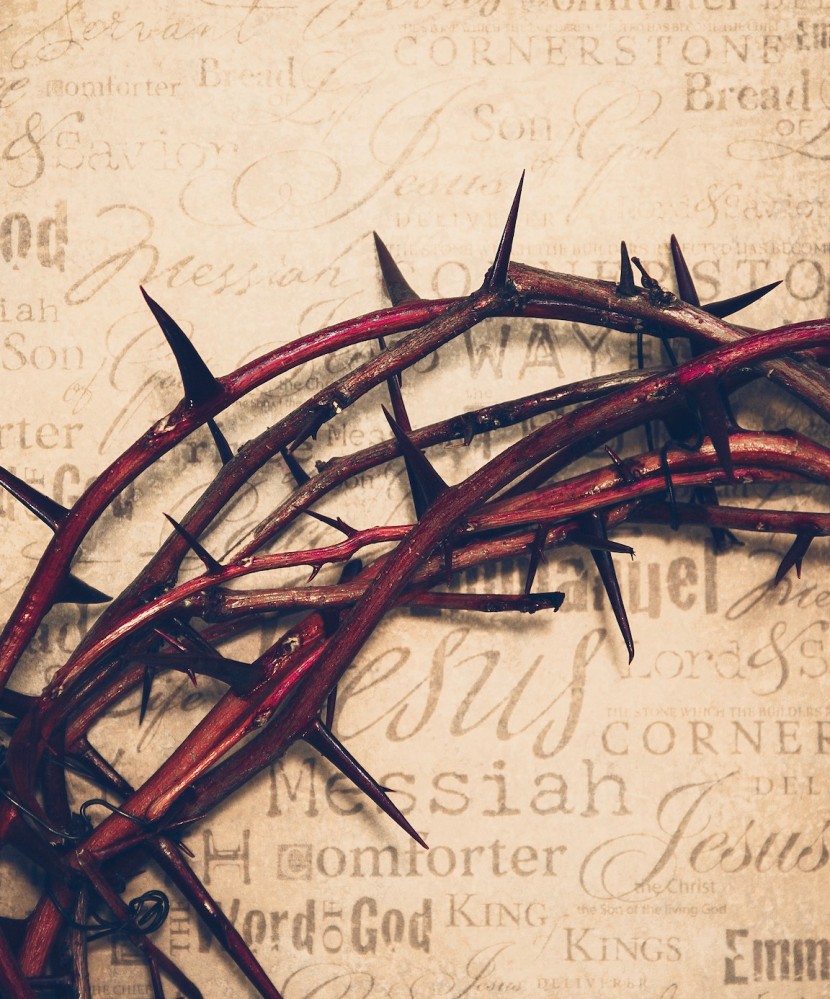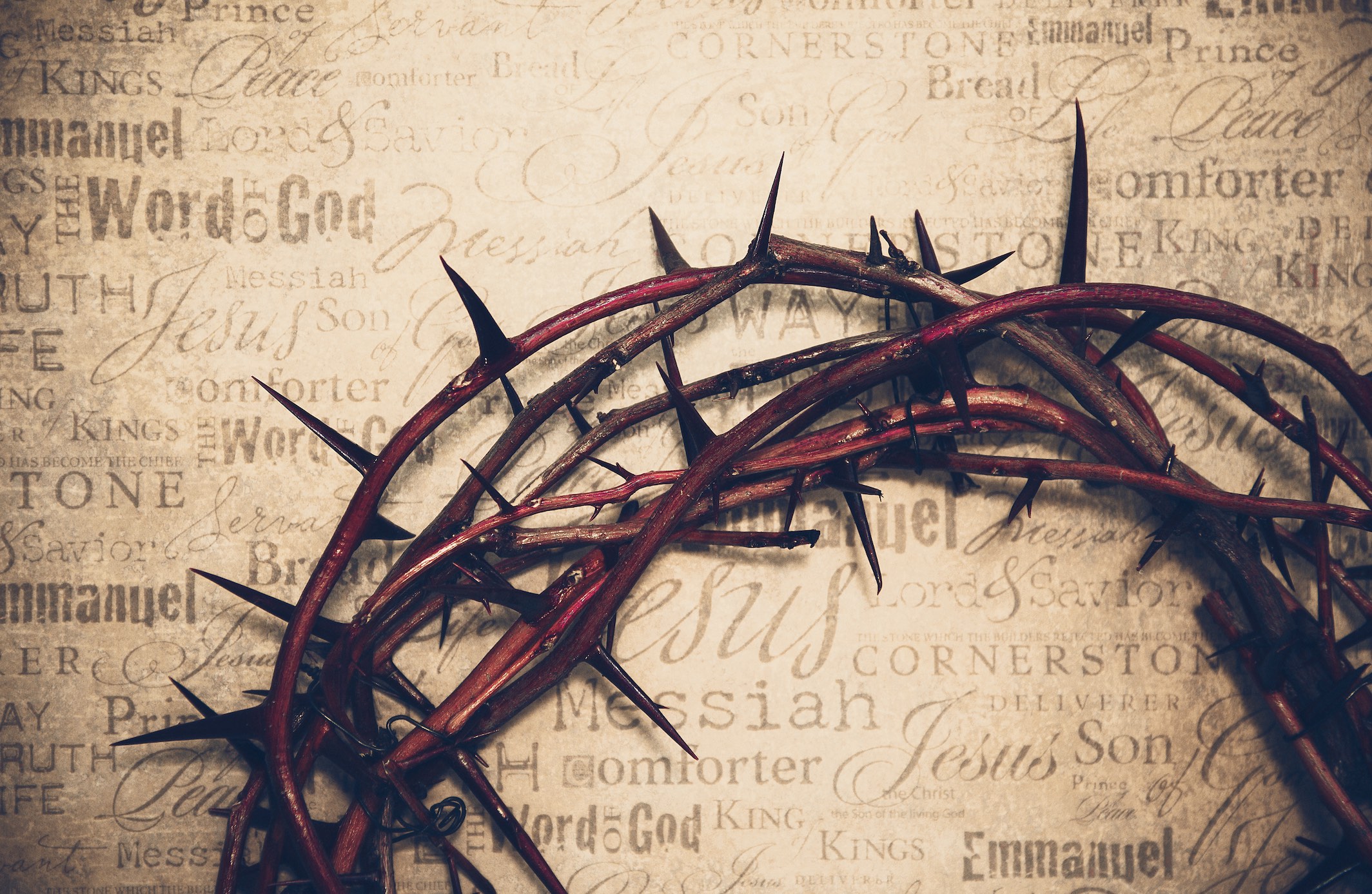Category: Return of Jesus – Book

Christ’s Second Coming in the Psalms

This is the 12th in a series of excerpts from What Every Christian Should Know About the Return of Jesus, released by High Street Press and available at Amazon.com.
The second coming of Christ often is linked with the moral struggle between God and his creatures. Psalm 2 is a good example. The psalmist describes the world’s rejection of God’s sovereignty, and then declares God’s purpose:
“I have installed my king on Zion, my holy mountain.” I will declare the LORD’s decree. He said to me, “You are my Son; today I have become your Father. Ask of me, and I will make the nations your inheritance and the ends of the earth your possession. You will break them with an iron scepter; you will shatter them like pottery.”
Ps. 2:6-9
God fully intends to respond to the nations’ rebellion against him. He installs his Son as king of the earth. Consequently, the kings of the earth are exhorted:
So now, kings, be wise; receive instruction, you judges of the earth. Serve the LORD with reverential awe and rejoice with trembling. Pay homage to the Son or he will be angry and you will perish in your rebellion, for his anger may ignite at any moment. All who take refuge in him are happy.
Ps. 2:10-12
Another prophecy of the second coming is Psalm 72, likely a coronation prayer used when one Davidic king dies and another comes to power. But it’s more than that. It looks forward to the ultimate Davidic king – Messiah – and his reign on earth. Messiah’s dominion is “from sea to sea” (v. 8). Kings and nations serve him (v. 11).
Continue reading
He Will Judge the Nations

This is the 11th in a series of excerpts from What Every Christian Should Know About the Return of Jesus, released by High Street Press and available at Amazon.com.
The second coming of Jesus is implied in hundreds of Old Testament prophecies that center on future judgment of the world and a coming kingdom of righteousness. Jesus and the New Testament writers elevate these ancient prophecies and apply them to the unfinished but guaranteed future work of the Savior.
One challenge of messianic prophecies is their compressed view of the future. We see predictions of a Suffering Servant who is despised, rejected, and sacrificed for our sins (Isa. 53), along with visions of a Davidic king who comes in power, judging the world and setting things right (Ps. 110).
Are the Suffering Servant and Davidic king separate individuals, or are they one person conducting two major campaigns to redeem a sinful and fallen world?
Continue reading
The Testimony of Angels

This is the 10th in a series of excerpts from What Every Christian Should Know About the Return of Jesus, released by High Street Press and available at Amazon.com.
Angels proclaim the return of Jesus in at least two New Testament passages. In the first, “two men in white clothes” tell the apostles Christ’s return is to be a mirror image of his ascension, which they have just witnessed. In the second, an angel flies high overhead, announcing to the earth’s inhabitants that God’s hour of judgment has come.
Acts 1:10-11 – While he was going, they were gazing into heaven, and suddenly two men in white clothes stood by them. They said, “Men of Galilee, why do you stand looking up into heaven? This same Jesus, who has been taken from you into heaven, will come in the same way that you have seen him going into heaven.”
Jesus has instructed his apostles to remain in Jerusalem until they receive the Father’s promise of the Holy Spirit. Thus empowered, they are to be Christ’s witnesses in Jerusalem, in all Judea and Samaria, and to the ends of the earth. Then, Jesus ascends into heaven with a cloud taking him out of their sight (Acts 1:4-9).
In the apostles’ minds, this may harken back to the ascension of Elijah in 2 Kings 2. After the prophet’s dramatic exit in a whirlwind, accompanied by blazing horses and a chariot of fire, Elisha receives a double portion of Elijah’s spirit to carry on the prophetic ministry.
Continue reading
The Rider on a White Horse

This is the ninth in a series of excerpts from What Every Christian Should Know About the Return of Jesus, released by High Street Press and available at Amazon.com.
There is general agreement among Bible commentators that the rider on a white horse in Revelation 19:11-16 is Jesus. The majority view is that John sees the return of Christ, in which he judges the earth and sets things right.
The white horse is a sign of Jesus coming in triumph. On Palm Sunday, Jesus rides a donkey into Jerusalem, fulfilling Old Testament prophecy. Historically, for a king to enter a city on a donkey signifies peace rather than conquest. But now, Jesus returns as King of kings.
It was customary for a triumphant Roman general to parade on the Via Sacra, a main thoroughfare of Rome, followed by evidence of his victory in loot and captives. So, the white horse is a symbol of Christ’s triumph over the forces of wickedness in the world. John is describing Jesus’ coming as the Jews expected him the first time – a powerful military leader.
Continue reading
The writer of Hebrews and Christ’s return

This is the seventh in a series of excerpts from What Every Christian Should Know About the Return of Jesus, released by High Street Press and available at Amazon.com.
In previous columns, we briefly surveyed some of Paul’s writings regarding the return of Jesus. Here, we see what the writer of Hebrews has to say about Christ’s glorious appearing.
The writer of Hebrews implores Jewish Christians to stay faithful, despite mounting pressure to return to Judaism. The same Jesus who died once for our sins will appear a second time to complete the work of salvation he began in all Christians.
Meanwhile, we are to keep the Christian community intact, meet regularly, and remind ourselves that “in a very little while, the Coming One will come and not delay” (Heb. 10:37).
Continue reading